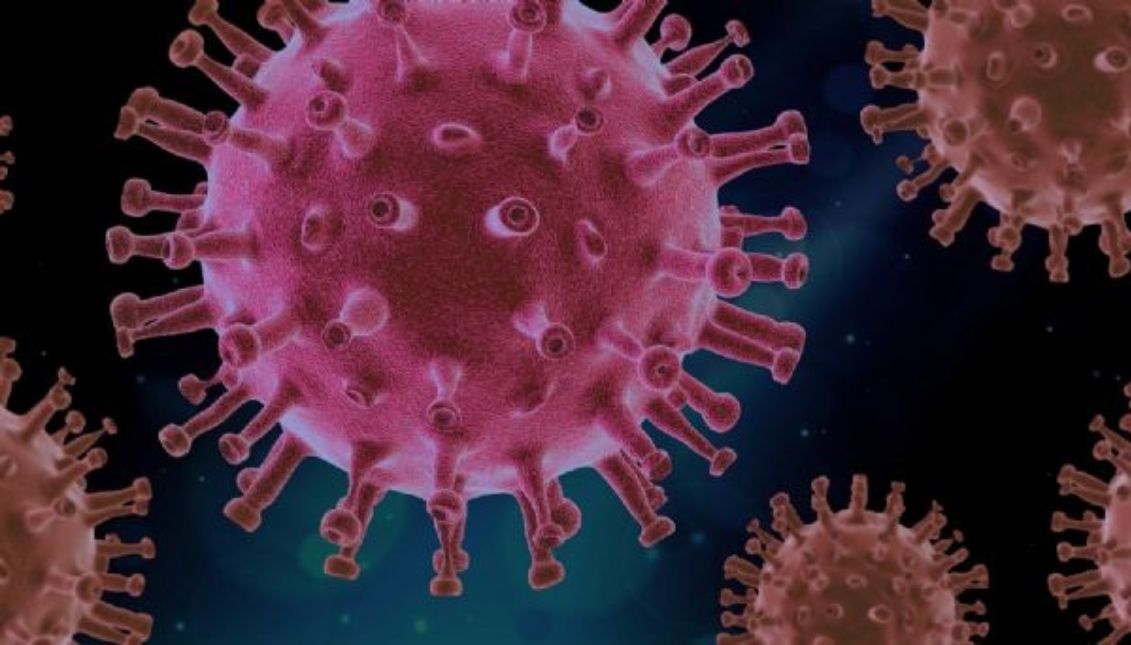
French scientists discover new COVID-19 variant
A new variant called IHU was discovered by French scientists and not many details are known about it yet.
CORONAVIRUS: Investigadores de la Universidad de Aix-Marsella, en Francia, han detectado una nueva variante de coronavirus a la que han denominado ‘IHU’, con 46 mutaciones. Se cree que el paciente cero es un viajero que llegó desde Camerún.
— Alerta News (@Alerta_News_) January 3, 2022
The new strain, B.1.640.2, also referred to as IHU, was detected in 12 patients living in the same geographic area of southeastern France, but researchers said it was too early to describe the characteristics of the new version of the coronavirus. The strain is related to the B.1.640 lineage, which the World Health Organization (WHO) classified as a variant under surveillance in November 2021.
So far, very little information is known about this new IHU variant, including what it is, how fast it spreads, and whether vaccines work against it.
"As this pandemic drags on, it is possible that new variants will evade our countermeasures and become fully resistant to current vaccines or previous infection, forcing us to adapt vaccines," WHO Director-General Tedros Adhanom Ghebreyesus said last week.
RELATED CONTENT
The IHU variant gets its name from French researchers at IHU Mediterranee Infection, according to Bloomberg News.
According to information provided by health authorities, the variant has a total of 46 mutations.
Medical experts caution that the discovery of a new variant does not mean that IHU will be as infectious or serious as other COVID-19 strains.
"It will have to be tracked. It's been around for about a month and we haven't seen it have a big impact, so I'm cautiously optimistic," said Dr. Yvonne Maldonado, professor of pediatrics at Stanford University.
Also, so far, the variant has not been considered a variant of concern or interest.











LEAVE A COMMENT: